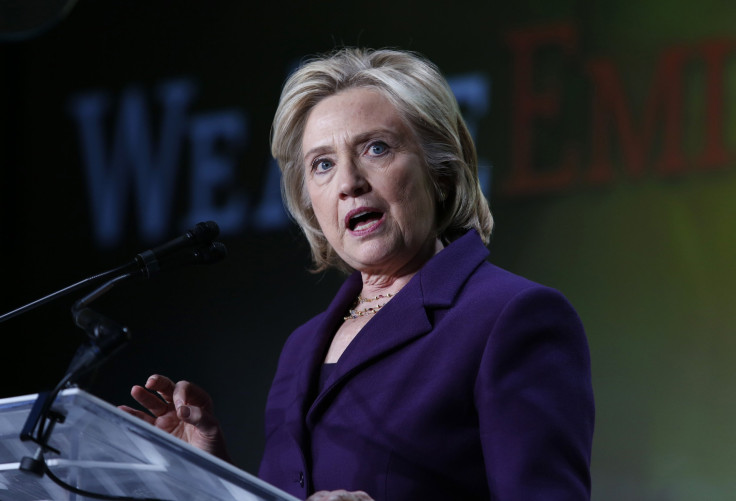Hillary Clinton Email: Deleted Messages May Show Privacy Fears About Bill, Chelsea Ahead Of 2016 Run

WASHINGTON -- Hillary Clinton has committed her first political blunder of the 2016 campaign. She admitted she deleted thousands of emails from her personal server and opened herself up to a year of speculation about what kind of embarrassing correspondence she may be trying to shield from scrutiny. Republicans are already insisting she be forced to testify before Congress and explain what else might have been deleted. But it's no surprise that she would build such a barrier.
Clinton has spent the last 20 years trying to keep her personal life out of public view. “I believe in a zone of privacy,” she said in 2003 while promoting her book “Living History.” From the Monica Lewinsky scandal to the details of her daughter’s wedding, Clinton has been an aggressive defender of her right to live in that zone. Deleting emails that could leak (or be subpoenaed) is consistent with that view -- even if it means having to defend her decision for the next year.
During her press conference Tuesday, Clinton rattled off a list of topics discussed in the deleted emails: plans for her daughter Chelsea’s wedding, her mother’s funeral, yoga routines, family vacations and correspondence with her husband.
"Modern Washington is made up largely of people who came into the public eye when Hillary had already been a fixture,” a not-unsympathetic Republican strategist said. “No question she broke the rules, but more likely it was done to hide dirty family laundry -- not a Benghazi smoking gun."
It may help Clinton that the disclosure about her private server came after the Sony Pictures Entertainment hack made clear the costs of having your emails exposed. Amy Pascal, the Sony co-chair, lost her job as a result of the release of correspondence she had expected to remain private. “No one wants their personal emails made public, and I think most people understand that and respect that privacy,” Clinton said in defending her decision to delete them.
It’s likely those emails were ripe with details that would have made for effective attacks from her opponents. Imagine messages about the cost of Chelsea's wedding, which would have opened Clinton up to charges of being extravagant and out of touch with the middle class. Or emails to friends about Bill Clinton's history of "bimbo eruptions" or health issues becoming fodder for public inspection.
Going into her job as secretary of state, Clinton would have been well aware that her correspondence could become public if swept up in a congressional investigation. And “investigation creep” -- when an inquiry starts with one topic and quickly evolves into another unrelated area -- is a term with which she is intimately familiar. She may also have worried about politically motivated leaks.
She’s taking a page out of Mitt Romney’s playbook. The GOP nominee was criticized during the primary and general elections in 2012 for releasing only two years' worth of tax returns. Disclosing additional information about his personal finances would have drawn more attention to his wealth and the tax rate he was paying. Refusing to release his returns was a political negative -- but probably not as damaging or long-lasting a story as the years of tax returns would have created.
Clinton may be taking the same calculated risk. She will be criticized for the next year for having deleted those emails. But she won’t have anyone scrutinizing her private conversations about her family, money or yoga routines.
The real test will be how Republicans respond to the email controversy. The Clintons have often benefited by deflecting criticism back onto the critic. If Republicans look like they are overplaying their hand -- trying to dig into details of funeral arrangements -- they may succeed in validating her concerns about privacy and the measures she took to protect herself.
“The GOP will need to be disciplined here -- solicitation of donations, not Benghazi, is the story -- similar to how foreign donations was the bigger story than Monica Lewinsky during Bill Clinton's term,” said Joe Brettell, a Republican strategist. “They missed the ball there and need to not repeat the same mistake."
© Copyright IBTimes 2024. All rights reserved.












